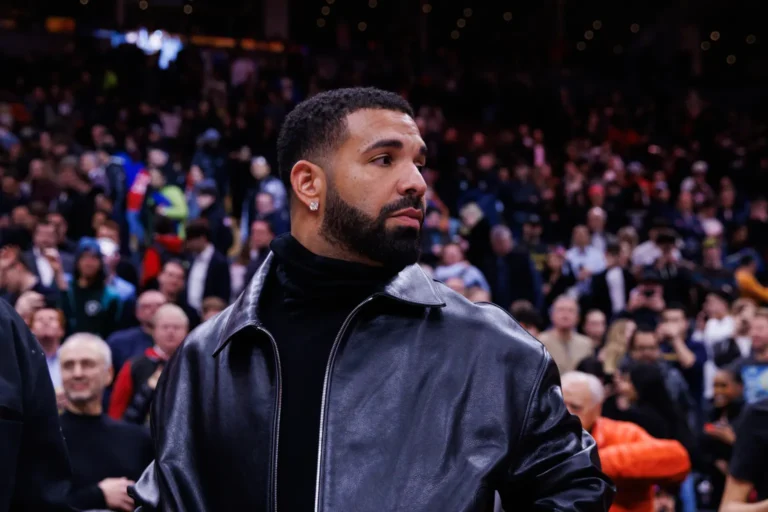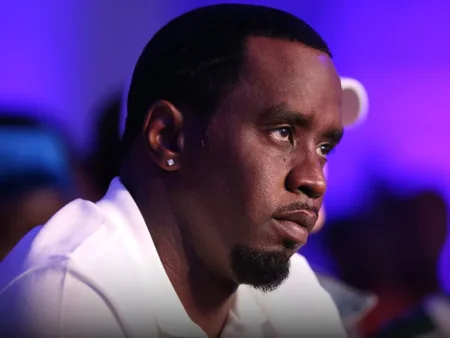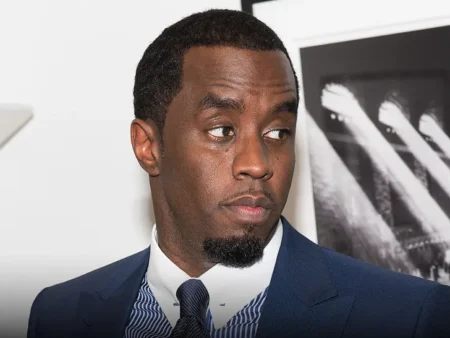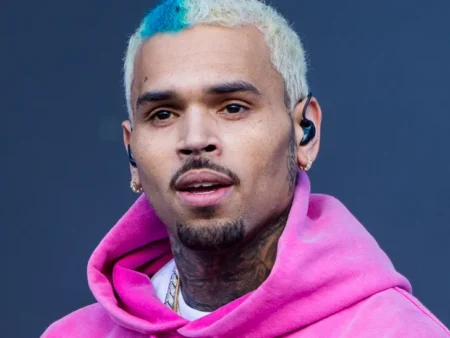In the wake of one of the most explosive rap feuds in modern hip-hop history, Drake is now facing a major legal reality check. The multi-platinum rapper filed a defamation lawsuit targeting Kendrick Lamar’s viral diss track “Not Like Us”—but Universal Music Group (UMG), Kendrick’s label, just fired back with a scathing motion to dismiss the case.
UMG argues the lawsuit is deeply flawed, calling it a misguided attempt by Drake to reclaim face after suffering major blows during his lyrical war with Lamar. And their biggest counterpoint? According to UMG, the Toronto superstar and his legal team made a huge mistake by focusing on Kendrick’s Super Bowl performance—a moment that, according to the label, doesn’t legally back up any of Drake’s claims.
The Root of the Lawsuit: “Certified Pedophile” Line
Drake’s lawsuit zeroes in on the now-infamous line from Not Like Us that labeled him a “certified pedophile”—a jab that went viral after the crowd at Super Bowl LIX chanted it during Kendrick’s halftime performance. Drake’s camp alleges that Lamar defamed him by airing that line during a global broadcast, amplifying what they claim are false and damaging accusations.
However, UMG’s legal team is pushing back hard, pointing out that Kendrick did not actually say those exact words during the Super Bowl performance. Instead, it was the live audience in the Superdome that echoed the lyrics, effectively doing the damage themselves.
“The lyrics were never even spoken live on air,” UMG claims. “Holding Kendrick accountable for crowd behavior is not only legally flawed, it’s absurd.”
A Twist of Irony: Drake Once Defended Artistic Freedom in Rap Lyrics
Adding another layer to their argument, UMG dug into Drake’s past public statements—specifically a 2021 petition he signed along with other artists like JAY-Z and Meek Mill. That petition argued against the use of rap lyrics as evidence in criminal trials, citing the genre’s long history of hyperbole and fictionalized storytelling.
Now, UMG is turning that sentiment against Drake himself.
“Drake was right then and is wrong now,” UMG states in their motion. “Rap is art. Lyrics are metaphor, not literal truth. This lawsuit is an attempt to reverse that understanding simply because he’s on the losing side of public opinion.”
This argument hits especially hard given Drake’s own lyrical history, which includes equally inflammatory lines—many aimed directly at Kendrick. On his diss track The Heart Part 6, Drake accused Lamar of being a domestic abuser, implied paternity scandals, and even threatened him with razor-sharp imagery. UMG says these examples prove Drake knows full well how metaphor and exaggeration are used in hip-hop.
The Legal Stakes: Art vs. Allegation
Drake’s case raises a provocative legal question: Can rap lyrics, when chanted by a crowd at a globally televised event, be grounds for defamation? UMG says no—and legal experts largely agree.
Entertainment attorney Dana Solomon told Variety:
“Unless Kendrick explicitly repeated the defamatory language during the Super Bowl, it’s going to be nearly impossible to prove liability. Drake’s team may have a PR motive more than a legal one.”
UMG’s request to dismiss the suit hinges on the claim that the lawsuit doesn’t meet the legal threshold for defamation—there was no false statement of fact made by Kendrick in a factual setting, only performance art. If a judge agrees, Drake’s lawsuit could be tossed without even going to trial.
Beyond the Courtroom: A Bitter End to a Public Rap Battle
Drake vs. Kendrick Lamar has been the most talked-about hip-hop feud since Nas and Jay-Z. The two heavyweight MCs traded increasingly vicious diss tracks over the course of a few weeks, with Kendrick’s “Not Like Us” gaining massive traction as a West Coast anthem and cultural moment.
While fans enjoyed the spectacle, insiders now say that Drake’s lawsuit may have been a strategic move to shift the narrative after most hip-hop heads crowned Kendrick the lyrical victor.
“Drake’s lawsuit screams damage control,” said media commentator Jason Lee. “He’s trying to legally challenge lyrics after losing the culture war.”
Even Kendrick’s silence since the lawsuit dropped has been telling—he hasn’t acknowledged Drake or the legal threat publicly, instead allowing his fans, music, and now his label to speak for him.
Business Tensions Rise at UMG
There’s also an awkward layer of in-house tension, as Drake is signed to Republic Records, a division of Universal Music Group. So technically, Drake and Kendrick Lamar are under the same corporate umbrella.
UMG’s move to side with Kendrick over their own labelmate underscores just how fractured this feud has become. It also speaks to UMG’s effort to protect artistic freedom and avoid setting a precedent where diss tracks can lead to defamation liability.
In their official court filing, UMG made it clear:
“If this lawsuit proceeds, it could have chilling effects on free speech and creativity in hip-hop.”
Public Opinion Divided
On social media, fans are taking sides—some siding with Drake for attempting to fight back against what they see as character assassination, others mocking him for “crying to the courts” after losing a battle rooted in music and culture.
On X (formerly Twitter), one user wrote:
“Drake called Kendrick a deadbeat dad and abuser… but wants to sue because a crowd chanted back? That’s soft.”
Another chimed in:
“This ain’t about lyrics. It’s about pride. Drake’s trying to erase an L.”
Final Thoughts
Drake’s legal maneuver may have been meant to send a message—but now, UMG’s scathing response is sending one back: Rap battles don’t belong in the courtroom.
While it remains to be seen how the judge will rule, one thing is clear: this feud has pushed hip-hop into uncharted legal territory, where lyrics, performances, and public perception are now part of a much larger conversation.
As the case unfolds, all eyes are on Drake and Kendrick — not just for their music, but for the lasting impact this battle could have on hip-hop culture, creative expression, and legal precedent in the entertainment industry.








